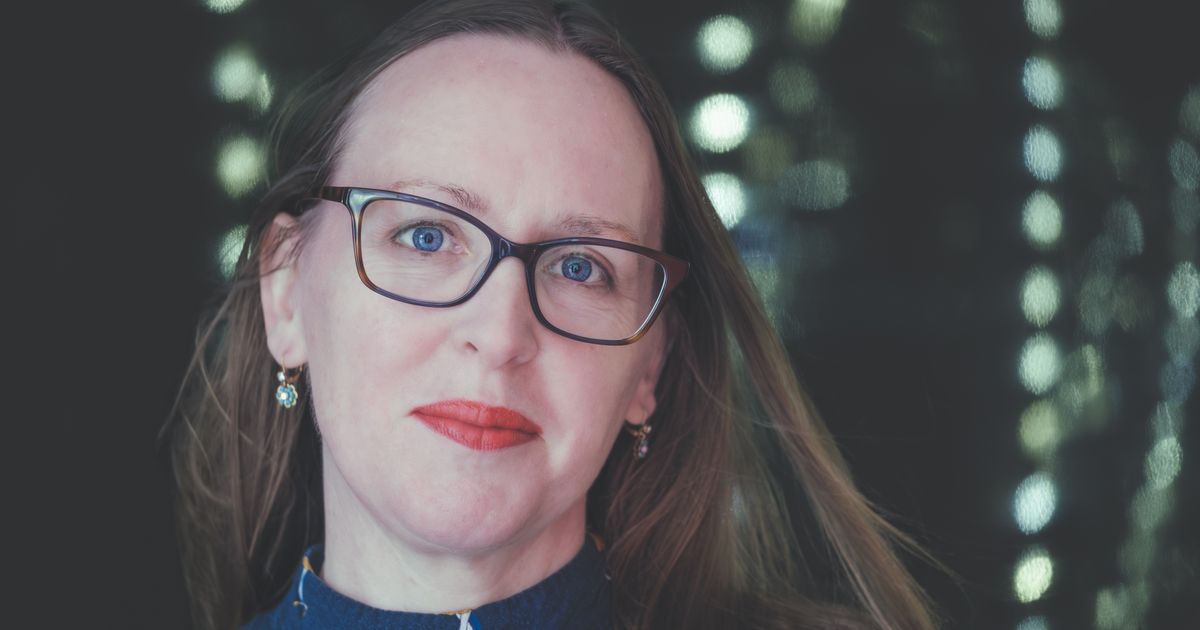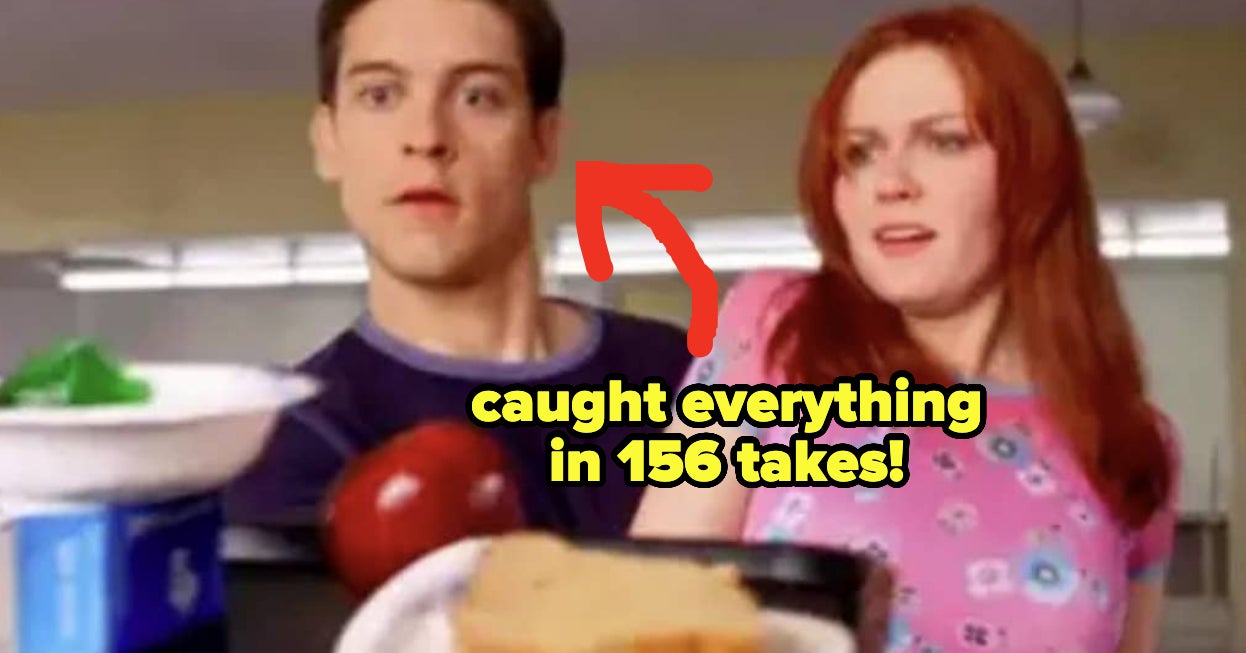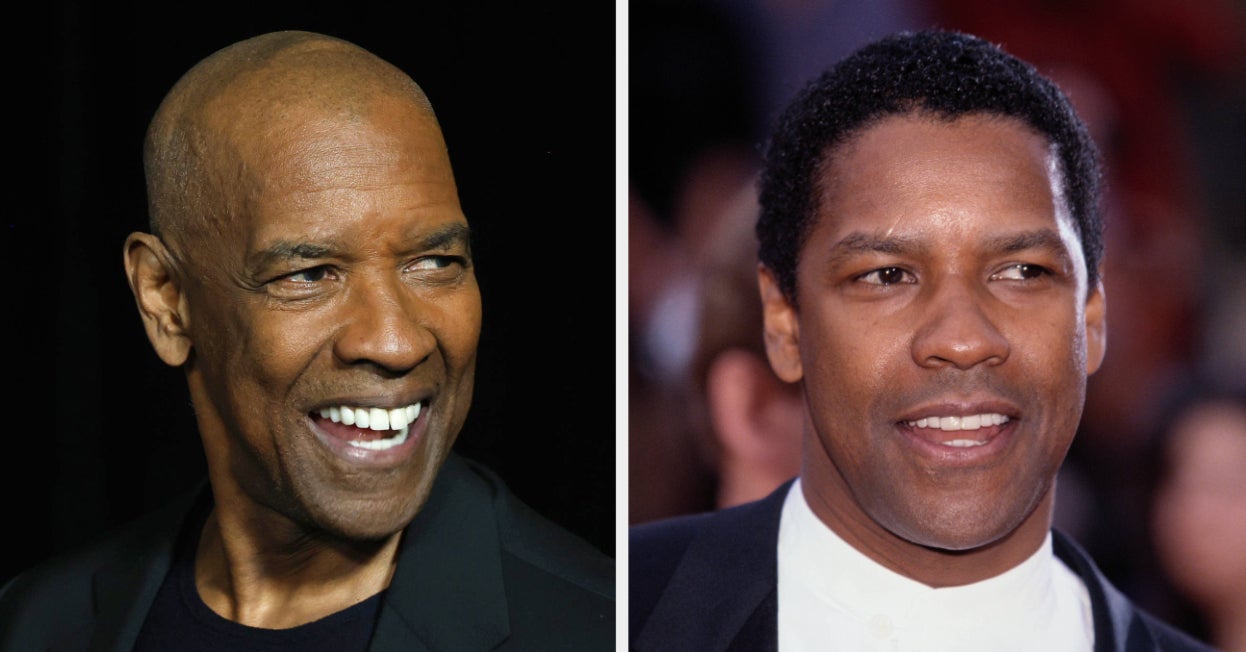
Like many late-diagnosed autistics, my diagnosis didn’t really come as a surprise to me. I’d always known I was different, but put that down to other factors. As I gradually got to learn more about autism and what it can look like, I came to the realisation that I could be autistic. After a few years stewing on a waiting list, some form filling, and a couple of assessments, I got my official diagnosis.
So while that wasn’t a surprise, many things about being autistic have been. Let’s take a look at 5 of them.
Being autistic doesn’t necessarily make you “feel” autistic
This is quite a common response amongst late-diagnosed people, particularly women, I’ve found. I mean, we don’t know what it’s like to feel not autistic, so the way we feel is just normal to us. Sometimes, it has us questioning our diagnosis, particularly when we meet other autistics whose traits are more stereotypical or pronounced.
We’re so used to seeing autism presented one way, that it can be hard to understand that it presents in a huge variety of ways and it can be hard to reconcile our view of autism with our own experience of it. I’ve found that sharing interests, behaviours and preferences with other autistic people can help dispel doubts about my own diagnosis.
A diagnosis can make your autistic traits more pronounced
This was one of the weirdest things that happened to me, and I’ve heard of it happening to other late-diagnosed autistics.
While we might not necessarily feel autistic much of the time, we can react or behave with stronger autistic traits post-diagnosis. For example, I was never much bothered by crowded spaces before, but now they drive me bananas. I used to mask heavily in social situations but now I just walk off if I’m bored.
Of course, some of these things will be the effect of other life changes for late-diagnosed people, especially women. The menopause, caring for kids (often also neurodivergent), elderly parents (ditto) and the fact that once you get to a certain age you stop caring so much about people-pleasing and decide to spend your limited energy on yourself.
Prejudices don’t go away (at least, not immediately)
As a Gen X person, I grew up with the same prejudices as the rest of my generation. Autism meant Rain Man or Sheldon from the Big Bang Theory. Autistic people are white men with unfashionable hair, square glasses and a flat way of speaking.
While some autistic people are indeed like that, it’s not universal. But it takes time to unlearn prejudices – and an autism diagnosis is as much about unlearning as it is about learning!
It’s not our fault that we grew up with such a narrow view of autism, but it is our responsibility to address it. I’m grateful to the autistic people I’ve met who’ve helped me break down these prejudices and shared their version of autism with me.
Advocacy is hard work
I was involved in autism advocacy before my diagnosis, but after diagnosis, it shifted from being a public project to a more personal pursuit. In other words, I started advocating for myself as well as other people.
Many people, autistic and otherwise, find it easier to stand up for their friends than for themselves. I also found that my personal requests for accommodations were more likely to fall on deaf ears than the reasonable adjustments that I talked about in my training. Asking to be included, in my experience, often results in silence or defensiveness, so it’s frequently a waste of time. Those organisations which listen make it all worthwhile though.
Being autistic doesn’t automatically make you part of the autism community
When I found out I was autistic, I looked forward to meeting other autistic people. To understand myself and other people more deeply. To be part of a new gang.
While the first two happened, the last one didn’t. And that was really disappointing to me initially, the feeling that I wasn’t accepted by “my own people”. Having spoken about it, I’ve discovered I’m not the only one – a minority within a minority within a minority – which makes it feel less isolating.
On the plus side, I’ve met many autistic people who are brilliant and welcoming and open-minded about our differences. Advocates, academics, comedians and just ordinary autistic people trying to make their way in life. And in connecting with, learning from and befriending them, I am, in a way, creating my own little community. One where everyone is welcome.
Rachel Morgan-Trimmer runs her own neurodiversity consultancy. She trains companies on how to reach, recruit and develop neurodiverse staff. She also helps people build on their strengths whilst overcoming their challenges.
She’s autistic, mildly dyspraxic, has ADHD and is co-founder of the Neurodiversity Association.








